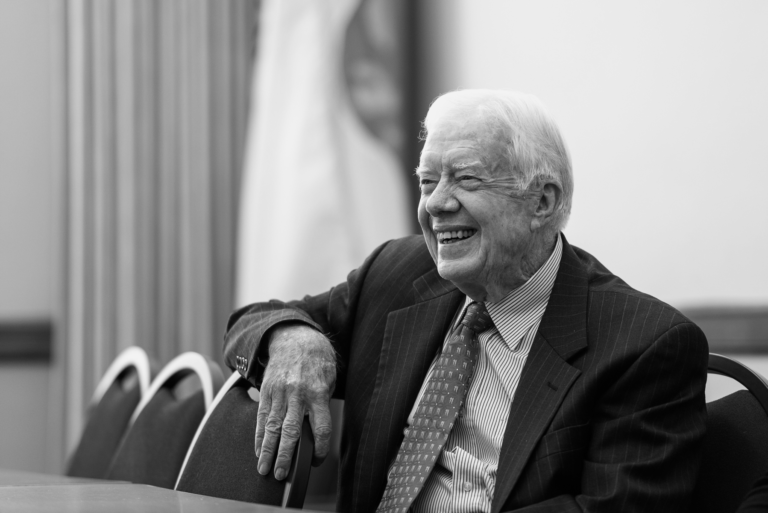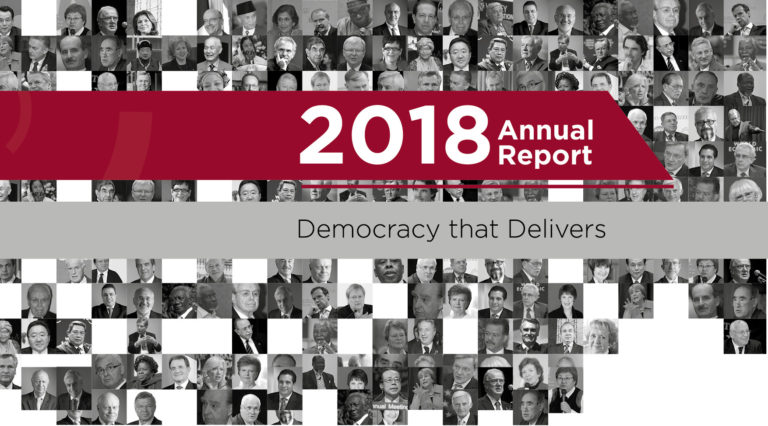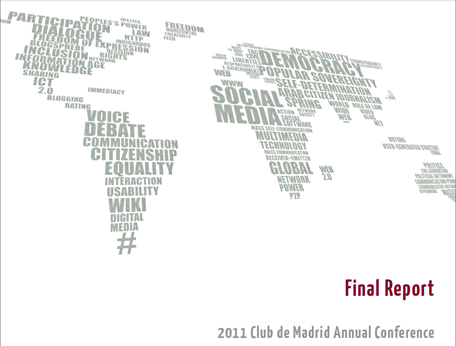Place and Date of Birth:
Plains, Georgia, Oct. 1, 1924.
Education:
Bachelor in Science from the U.S. Naval Academy in 1946.
Professional Experience:
In the Navy he became a submariner, serving in both the Atlantic and Pacific fleets and rising to the rank of lieutenant. He was assigned to Schenectady, N.Y., where he took graduate work at Union College in reactor technology and nuclear physics, and served as senior officer of the pre-commissioning crew of the Seawolf, the second nuclear submarine. He resigned his naval commission in 1953 to take over the Carter farms and the Carter’s Warehouse a general-purpose seed and farm supply company.
Political Career:
In 1962 he won election to the Georgia Senate. He lost his first gubernatorial campaign in 1966, but won the next election, becoming Georgia’s 76th governor on January 12, 1971. He was the Democratic National Committee campaign chairman for the 1974 congressional and gubernatorial elections.
On December 12, 1974, he announced his candidacy for president of the United States. He won his party’s nomination on the first ballot at the 1976 Democratic National Convention, and was elected president on November 2, 1976.
Jimmy Carter served as president from January 20, 1977, to January 20, 1981 becoming the 39th president of the United States. Significant foreign policy accomplishments of his administration included the Panama Canal treaties, the Camp David Accords, the treaty of peace between Egypt and Israel, the SALT II treaty with the Soviet Union, and the establishment of U.S. diplomatic relations with the People’s Republic of China. He championed human rights throughout the world. On the domestic side, the administration’s achievements included a comprehensive energy program conducted by a new Department of Energy; deregulation in energy, transportation, communications, and finance; major educational programs under a new Department of Education; and major environmental protection legislation, including the Alaska National Interest Lands Conservation Act.
In 1982 he founded The Carter Center a non-partisan and non-profit organisation focused on national and international issues of public policy. Carter Center fellows, associates, and staff join with President Carter in efforts to resolve conflict, promote democracy, protect human rights, and prevent disease and other afflictions. The Carter Center has engaged in conflict mediation in over nine countries and has sent 54 international election-monitoring delegations to elections in the Americas, Africa, and Asia.
Other:
In 2002, he was awarded the Nobel Peace Prize “for his decades of untiring effort to find peaceful solutions to international conflicts, to advance democracy and human rights, and to promote economic and social development.” Mr. Carter is the author of 19 books, the latest being Sharing Good Times, 2004. In 1982, he became University Distinguished Professor at Emory University in Atlanta.



